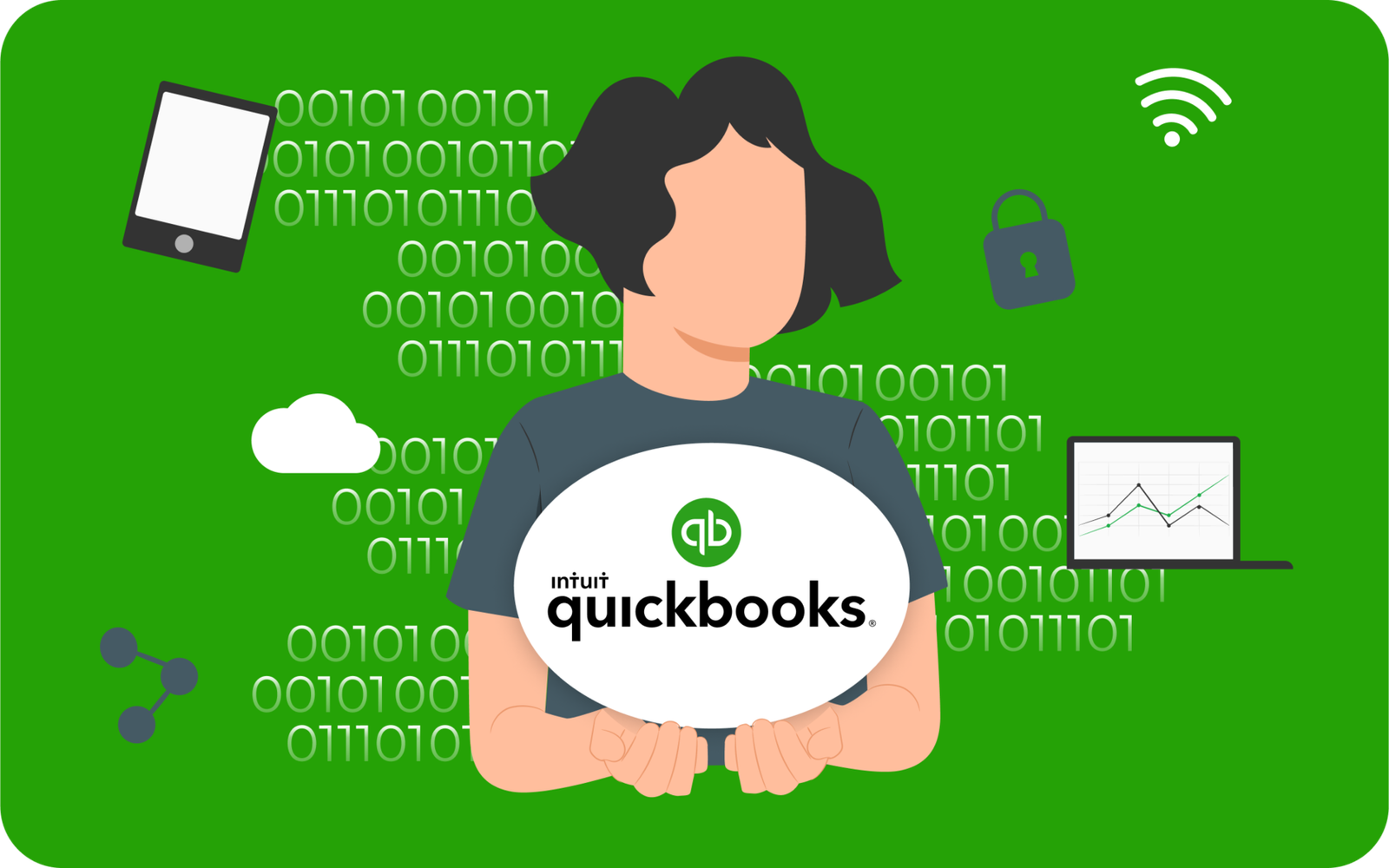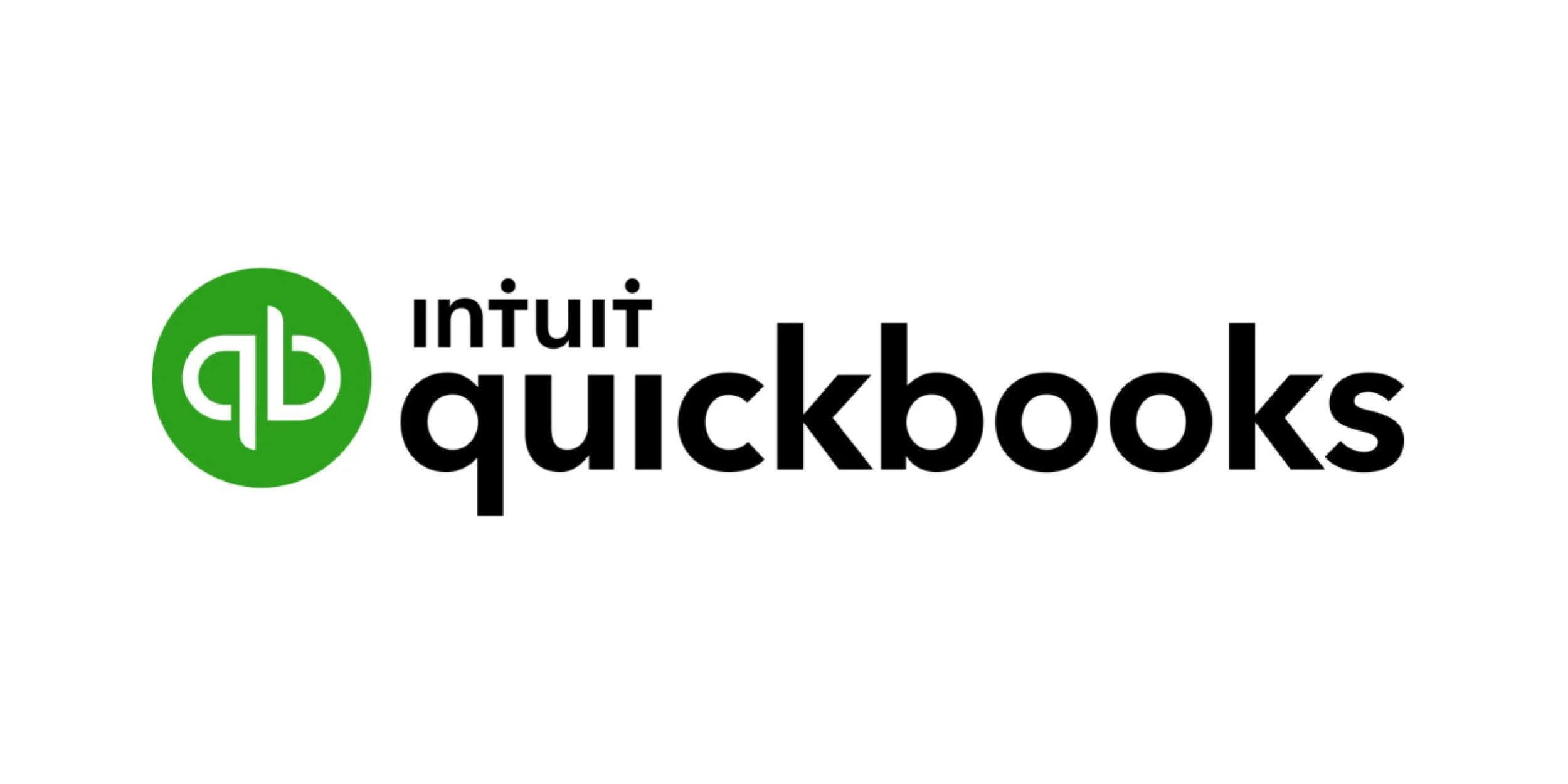About Quick Books
QuickBooks is a popular accounting software developed and marketed by Intuit Inc. It is designed to cater to the needs of small and medium-sized businesses, providing them with a comprehensive set of tools for managing their financial and accounting tasks efficiently. First launched in 1992, QuickBooks has become one of the most widely used accounting software packages in the world, revolutionizing the way businesses handle their finances.
One of the key features of QuickBooks is its user-friendly interface, which allows even those with limited accounting knowledge to navigate and use the software effectively. It offers a range of accounting functionalities, including tracking income and expenses, invoicing, payroll processing, inventory management, and financial reporting. QuickBooks can be used both online and as a desktop application, offering flexibility to businesses with varying needs.
The software’s core functionality revolves around the double-entry bookkeeping system, where every financial transaction affects two accounts – one account is debited while the other is credited. This ensures accuracy and consistency in financial records and statements. Users can create and manage accounts, customers, vendors, and products within the software, making it a comprehensive financial management solution.
QuickBooks also simplifies the process of generating financial reports, such as balance sheets, income statements, and cash flow statements. This feature is particularly beneficial for business owners and stakeholders as it provides a clear and organized view of the company’s financial health, aiding in decision-making and financial planning.
Another major advantage of using QuickBooks is its integration capabilities with other applications and services. It can be seamlessly connected with various third-party apps, such as payment processors, point-of-sale systems, and customer relationship management (CRM) software, to streamline business operations further. This integration minimizes the need for manual data entry and enhances overall efficiency.
The software’s payroll processing feature is also noteworthy, as it simplifies the complexities of managing employee salaries, taxes, and benefits. QuickBooks calculates payroll taxes and generates payslips, saving businesses significant time and effort in processing payroll manually.
Security is a critical aspect of any financial software, and QuickBooks prioritizes it with advanced security measures. It encrypts sensitive data, employs multi-factor authentication, and ensures regular data backups, protecting businesses from potential data breaches and loss.
Furthermore, QuickBooks offers various subscription plans, catering to businesses of different sizes and needs. From self-employed individuals and small businesses to mid-sized enterprises, there is a plan suitable for every user. The availability of both cloud-based and desktop versions allows businesses to choose the option that best aligns with their preferences and requirements.
How does QuickBooks works
QuickBooks is a comprehensive accounting software designed to simplify financial management for businesses of all sizes. Developed by Intuit, QuickBooks offers a range of features and tools that allow users to efficiently handle their financial data, track expenses, manage invoices, process payroll, and more. In this explanation, we’ll delve into the key aspects of how QuickBooks works and the benefits it offers to businesses.
At its core, QuickBooks operates as a double-entry accounting system, which means it follows the fundamental accounting principle of recording every transaction with both a debit and a credit entry. This ensures that the balance sheet remains in balance, and financial data remains accurate and consistent. Users can set up their company’s chart of accounts, including various income and expense categories, assets, liabilities, and equity accounts.
One of the fundamental features of QuickBooks is its ability to connect with a business’s bank accounts and credit cards. This integration allows users to import transactions directly into the software, eliminating the need for manual data entry and reducing the chance of errors. Users can easily reconcile their accounts, ensuring that the data in QuickBooks matches the bank statements accurately.
Invoicing is another critical aspect of QuickBooks functionality. Users can create and customize professional invoices with their company logo and branding. The system automatically tracks invoice status, providing real-time updates on payments received and outstanding balances. This streamlines the invoicing process and improves cash flow management.
QuickBooks also supports payroll processing, enabling businesses to calculate employee salaries, taxes, and deductions accurately. Users can stay compliant with tax regulations by integrating payroll tax calculations and generating tax forms. Additionally, QuickBooks offers employee self-service portals, simplifying access to pay stubs and other payroll-related information.
For businesses that deal with inventory, QuickBooks offers inventory management capabilities. Users can track stock levels, set reorder points, and receive notifications when inventory items need to be replenished. This feature optimizes inventory control and helps prevent stockouts and overstock situations.
The software’s reporting feature provides a range of financial reports, including profit and loss statements, balance sheets, cash flow statements, and more. These reports offer valuable insights into the financial health of the business, enabling informed decision-making and strategic planning.
QuickBooks also facilitates integration with third-party applications. Users can connect the software to various business tools, such as customer relationship management (CRM) systems, e-commerce platforms, and payment gateways. This enhances productivity and enables a seamless flow of data across different business systems.
Cloud-based versions of QuickBooks, like QuickBooks Online, offer the advantage of remote access. This means users can access their financial data from anywhere with an internet connection, making collaboration easier and providing the flexibility to work on the go.
To ensure data security, QuickBooks employs advanced encryption methods and multi-factor authentication. This protects sensitive financial information and helps prevent unauthorized access to company data.
QuickBooks is a powerful accounting solution that streamlines financial management processes for businesses. From tracking income and expenses to managing payroll and generating reports, QuickBooks offers a comprehensive suite of tools that enhance efficiency and accuracy in handling financial data. Its user-friendly interface and integration capabilities make it a popular choice for businesses seeking a reliable and robust accounting software solution.
Features
QuickBooks is a popular accounting software developed by Intuit, designed to simplify financial management for small and medium-sized businesses. It boasts a comprehensive range of features that cater to various accounting needs. Let’s explore some of the key features of QuickBooks in more detail.
User-Friendly Interface:
QuickBooks offers an intuitive and user-friendly interface, making it accessible to users with minimal accounting knowledge. The dashboard provides a clear overview of financial data, allowing users to navigate and access different functionalities easily.
Expense Tracking:
The software enables businesses to track and categorize expenses efficiently. Users can import bank statements and credit card transactions, which QuickBooks automatically categorizes, reducing manual data entry and saving time.
Invoicing and Payment Processing:
QuickBooks allows users to create professional-looking invoices and send them directly to clients. It also provides options for online payment processing, enabling clients to pay invoices electronically, leading to faster payment cycles.
Financial Reporting:
With QuickBooks, generating financial reports becomes a breeze. The software offers a variety of pre-built reports, such as balance sheets, profit and loss statements, and cash flow statements. Customizable reporting options empower users to tailor reports to meet their specific business needs.
Bank Reconciliation:
Reconciling bank accounts is a critical aspect of financial management. QuickBooks streamlines this process by automatically matching transactions with bank records, thereby reducing errors and ensuring accurate financial records.
Inventory Management:
For businesses dealing with inventory, QuickBooks provides tools to manage stock levels, track items, and generate inventory reports. This feature aids in optimizing inventory levels and avoiding stockouts or overstock situations.
Payroll Processing:
QuickBooks offers built-in payroll processing functionality, enabling businesses to manage employee payroll efficiently. Users can calculate and disburse salaries, as well as generate payroll tax reports, ensuring compliance with tax regulations.
Multi-User Access:
QuickBooks supports multi-user access, allowing multiple team members to collaborate on financial tasks simultaneously. This feature fosters better teamwork and enhances productivity in managing the company’s financial affairs.
Integration with Third-Party Apps:
QuickBooks integrates seamlessly with numerous third-party applications, such as payment gateways, CRM systems, and e-commerce platforms. This integration extends the software’s capabilities and provides additional tools for business operations.
Mobile App:
The QuickBooks mobile app offers on-the-go access to essential financial data. Users can create and send invoices, track expenses, and view financial reports from their smartphones or tablets, enabling business owners to stay connected and make informed decisions wherever they are.
Data Security:
QuickBooks prioritizes data security and employs robust encryption and protection measures to safeguard sensitive financial information. Regular backups and automatic updates further enhance data safety.
Sales and Tax Tracking:
The software facilitates tracking sales transactions and calculates sales tax, ensuring accurate tax reporting. This feature simplifies tax compliance and reduces the risk of errors in tax calculations.
Budgeting and Forecasting:
QuickBooks includes budgeting and forecasting tools, allowing businesses to set financial goals, create budgets, and analyze performance against projections. This aids in strategic planning and decision-making.
Time Tracking:
QuickBooks provides time tracking features for businesses that bill clients based on hourly work. Users can log billable hours, track employee time, and integrate this data into the invoicing process.
Accountant Access:
QuickBooks offers a special accountant access option, enabling seamless collaboration between businesses and their accounting professionals. Accountants can access financial data remotely, making it easier to provide advisory services and financial insights.
QuickBooks is a robust accounting software that offers a wide range of features to streamline financial management for businesses. Its user-friendly interface, expense tracking, invoicing, financial reporting, bank reconciliation, inventory management, payroll processing, and integration with third-party apps make it a versatile and reliable tool for businesses of all sizes. With strong data security, mobile accessibility, and accountant access, QuickBooks empowers businesses to make informed decisions, maintain accurate financial records, and achieve greater financial success.
Benefits
QuickBooks is a popular accounting software developed by Intuit that is widely used by small and medium-sized businesses for managing their financial operations. With its user-friendly interface and robust features, QuickBooks offers numerous benefits that streamline accounting processes and improve overall efficiency. In this essay, we will delve into some of the key advantages of QuickBooks.
Time-saving Efficiency:
One of the primary benefits of QuickBooks is its ability to save time on various accounting tasks. The software automates essential processes such as invoicing, bill payments, and payroll management, reducing the need for manual data entry. This automation not only minimizes errors but also frees up valuable time for business owners and accountants to focus on more critical aspects of their business.
Ease of Use:
QuickBooks is designed with user-friendliness in mind. It provides an intuitive interface that requires minimal training to operate effectively. The software’s dashboard offers a clear and organized view of the company’s financial health, making it easy for users to access and analyze data quickly.
Real-time Financial Insights:
QuickBooks provides real-time updates on financial transactions, allowing businesses to stay up-to-date with their financial status. Users can generate reports and view key performance indicators (KPIs) like profit and loss statements, balance sheets, and cash flow reports. These insights enable informed decision-making and better financial planning.
Expense Tracking and Management:
Keeping track of expenses can be tedious, but QuickBooks simplifies this process. Users can easily categorize expenses, attach receipts, and monitor spending patterns. With comprehensive expense tracking, businesses can identify areas for cost-cutting and allocate resources more effectively.
Invoicing and Payment Processing:
QuickBooks streamlines the invoicing process by allowing users to create and customize professional-looking invoices quickly. Moreover, it integrates with payment gateways, enabling customers to make online payments directly through the invoice. This integration helps improve cash flow and reduces the time between invoicing and payment receipt.
Accurate Payroll Management:
Payroll processing can be complex, especially with changing tax laws and regulations. QuickBooks offers payroll management features that accurately calculate wages, taxes, and deductions, saving businesses from the hassle of manual calculations. This feature ensures that employees are paid on time and in compliance with tax laws.
Data Security and Backups:
QuickBooks prioritizes data security, employing encryption and secure servers to protect sensitive financial information. Additionally, the software facilitates regular data backups, ensuring that critical data remains safe and recoverable in case of unforeseen events like hardware failure or data breaches.
Facilitation of Tax Preparation:
Tax season can be stressful for businesses, but QuickBooks eases the burden by generating financial reports required for tax filing. It simplifies the tax preparation process by providing accurate data and records, thereby reducing the risk of errors in tax filings.
Improved Collaboration:
QuickBooks offers cloud-based solutions, enabling multiple users to access the data simultaneously from different locations. This feature promotes collaboration between accountants, business owners, and other stakeholders, fostering better communication and teamwork.
Integration with Third-Party Apps:
QuickBooks supports integration with numerous third-party applications, extending its functionality and adaptability to specific business needs. From CRM systems to inventory management tools, businesses can seamlessly connect other software with QuickBooks to create a customized and efficient workflow.
Scalability for Growing Businesses:
QuickBooks comes in various versions, catering to businesses of different sizes and needs. As a business expands, it can upgrade to a more advanced version of QuickBooks, ensuring that the software can accommodate its growth and evolving financial requirements.
Conclusion
In conclusion, QuickBooks is a powerful and versatile accounting software designed to simplify financial management for businesses. Its user-friendly interface, comprehensive features, integration capabilities, and robust security measures make it a top choice for businesses looking to streamline their accounting processes. Whether it’s managing invoices, tracking expenses, processing payroll, or generating financial reports, QuickBooks provides the tools necessary for efficient and accurate financial management.
Yes, there is an online version of QuickBooks called QuickBooks Online (QBO). It allows you to access your accounting data from any device with an internet connection.
Yes, QuickBooks offers payroll features that allow you to process payroll, calculate taxes, and generate paychecks for your employees.
QuickBooks allows you to import data from various sources such as Excel spreadsheets or other accounting software. You can do this using the built-in import tools or by using third-party apps and services.
Yes, you can customize various forms in QuickBooks, including invoices, estimates, purchase orders, and more. You can add your company logo, change colors, and modify layouts to match your brand.
Yes, QuickBooks can integrate with many third-party applications and services, such as CRM systems, payment processors, inventory management software, and more, to streamline your business operations.
It is recommended to back up your QuickBooks data regularly to prevent data loss. You can set up automatic backups within the software or manually create backups to an external storage device.
Yes, QuickBooks allows multiple users to access the same company file simultaneously, but the number of concurrent users depends on your subscription plan.
QuickBooks offers different versions to cater to various business sizes and needs. QuickBooks Online is suitable for small to medium-sized businesses, while QuickBooks Enterprise is designed for larger organizations with more complex accounting requirements.




